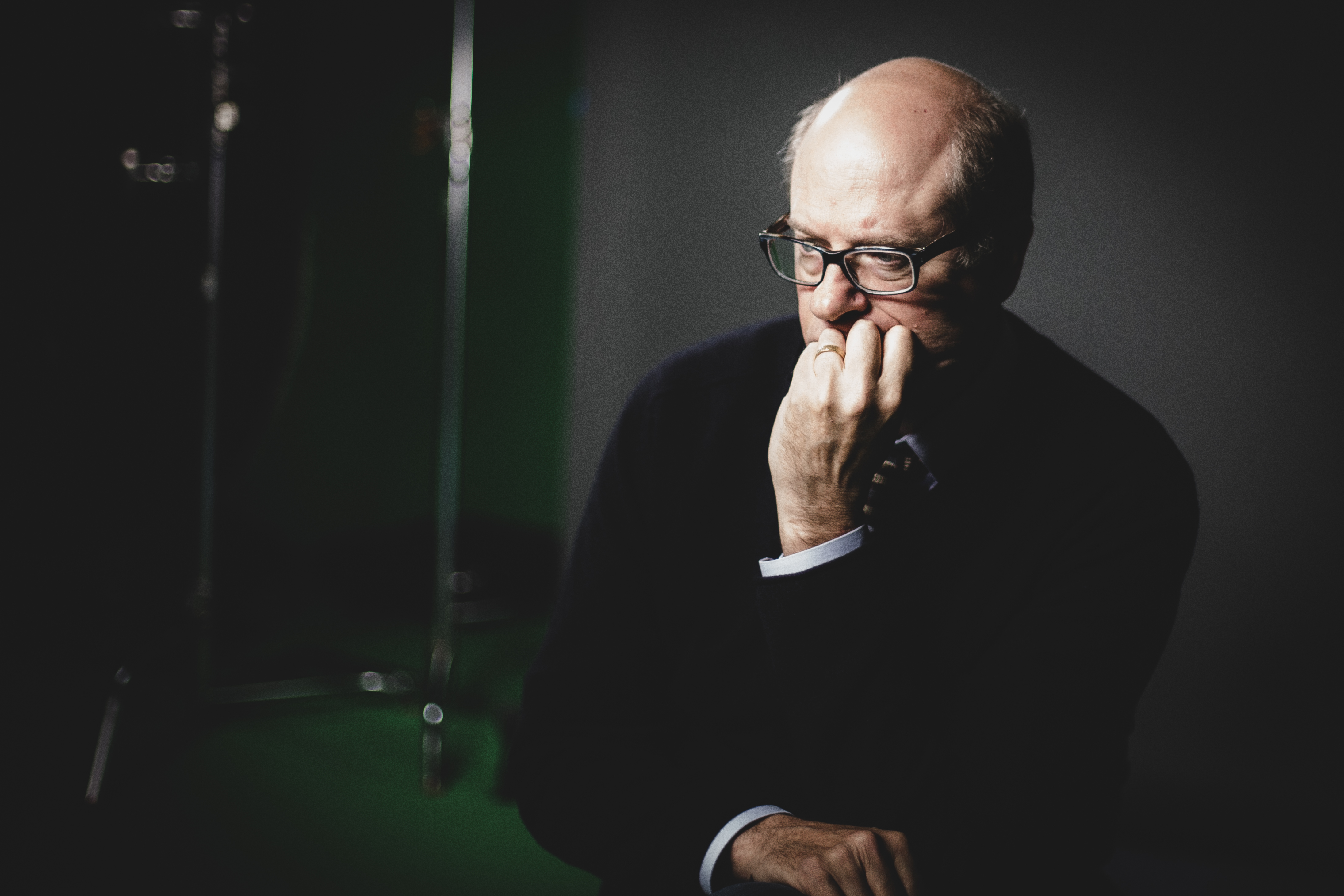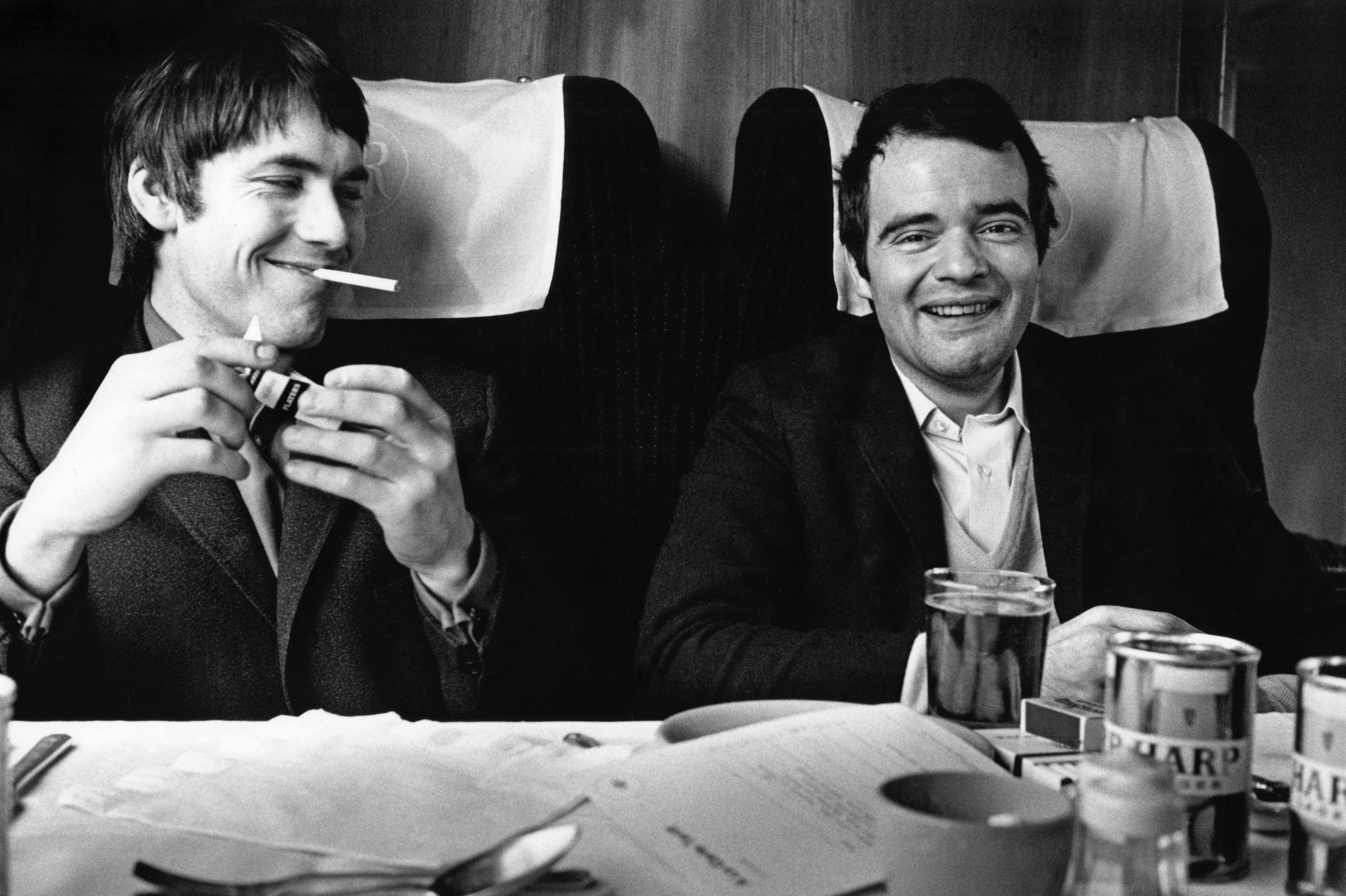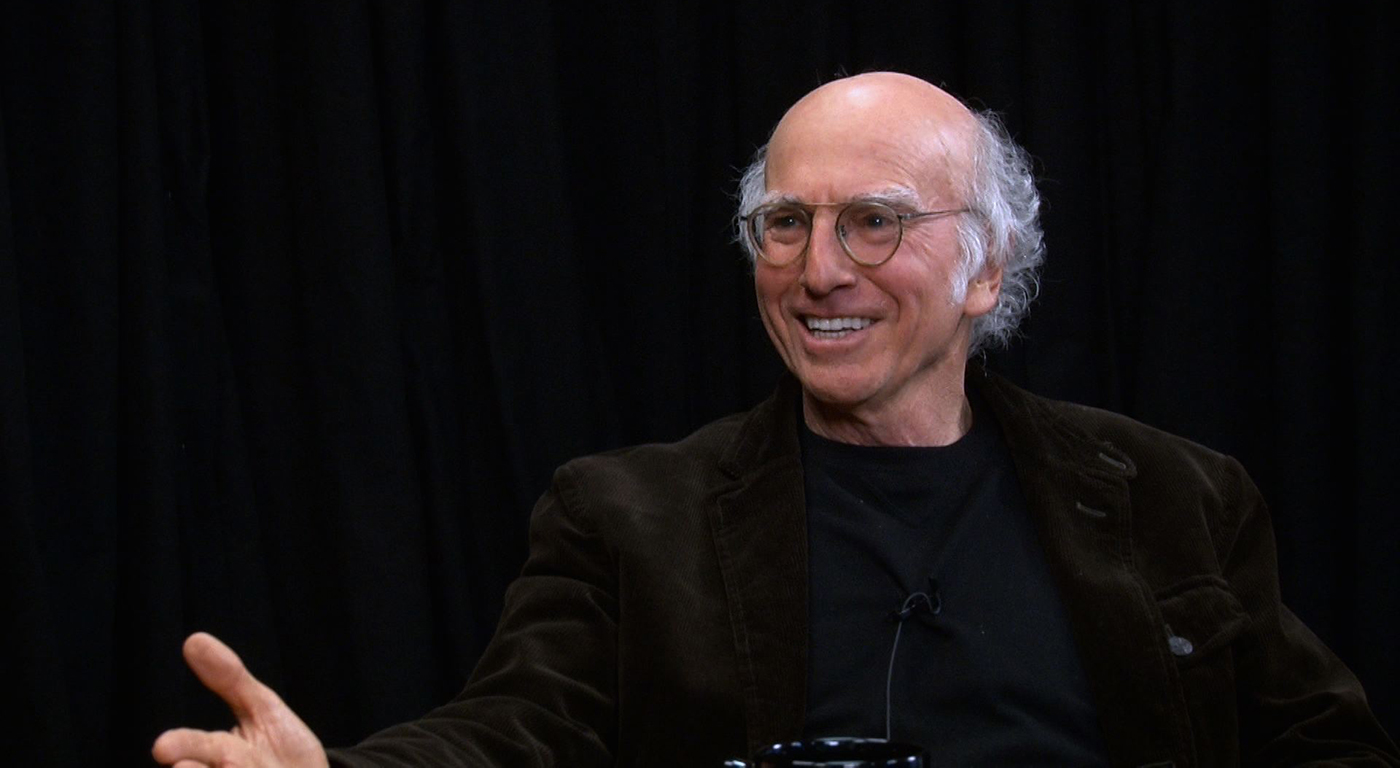LONG-FACED HARRY Frommermann (Ulrich Noeten), founder and arranger of the Comedian Harmonists, is a Jew. Co-founder, bass, and businessman Robert Biberti (Ben Becker), with his blondish red hair and clear blue eyes, is an Aryan German. That they are friends, partners, even competitors in love in 1927 Germany is nothing—and of course, it’s everything in Joseph Vilsmaier’s The Harmonists, a handsome, old-fashioned melodrama based on the true story of the fabulously popular vocal group the Comedian Harmonists.
The quintet (plus its pianist) married class and culture with a mix of folk tunes, pop hits, and risqu頭usic-hall novelty numbers in plush five-part harmony spiced with puckish humor. Like a jazz-age Beatles, the Harmonists’ fame and fortune spread across language and cultural barriers all over Europe just as Hitler was growing in power in Germany. For Vilsmaier, this multi-ethnic, multinational group (as much a symbol as a flesh-and-blood group) is the final flowering of freedom and tolerance before Hitler’s racial purges.
the harmonists
directed by Joseph Vilsmaier
starring Ulrich Noeten, Ben Becker
opens March 19 at Broadway Market
It’s all a little more than the film is equipped to handle. Vilsmaier, who also serves as his own cinematographer, transforms the story into a classic Hollywood biography: lush, grand, spread to the very edges of its CinemaScope dimensions. Told in flashback from the height of the group’s popularity, the story reverberates with the plots of dozens of Hollywood show-biz movies about the poor but ambitious artist who dreams of a “sound,” the personality conflicts and disappointments that threaten to splinter the group, the magic moment when a spontaneous jam session captures that elusive creative element, even a hackneyed love triangle that turns co-founders Harry and Robert into rivals for the love of a pretty young music student (in this case, Erna [Meret Becker]). Their European tour takes the form of those great Warner Bros. montage sequences of the 1930s, and their trip to America becomes a snappy series of vignettes reminiscent of A Hard Day’s Night. (Their final American performance takes place in front of a prematurely integrated Navy—wishful thinking on Vilsmaier’s part.)
Amidst all this Hollywood-esque gloss is the thundering rise of Hitler and the enactment of anti-Semitic laws. “They don’t mean half of it,” comments one of the members when the group itself is threatened with censure because of its sizable Jewish makeup. “We’re too famous.” We all know where that’s headed.
Indeed, for a story that’s been done many times before, Vilsmaier doesn’t bring much new to it, at least for American audiences. In Germany, where the Comedian Harmonists remain a musical legend, the legacy of their music surely carries a resonance that Americans can only guess at. The musical performances are the most entertaining scenes of the movie (the actors lip-sync to Comedian Harmonist recordings, but they perform so well it’s undetectable), and Vilsmaier brings a sure hand to the drama. But he leaves other dimensions to the vocal group woefully undeveloped—their revelations late in the film may come as a surprise, but carry little dramatic punch. It’s a missed opportunity, leaving The Harmonists a grandly realized and skillfully executed melodrama that seems all too familiar.







